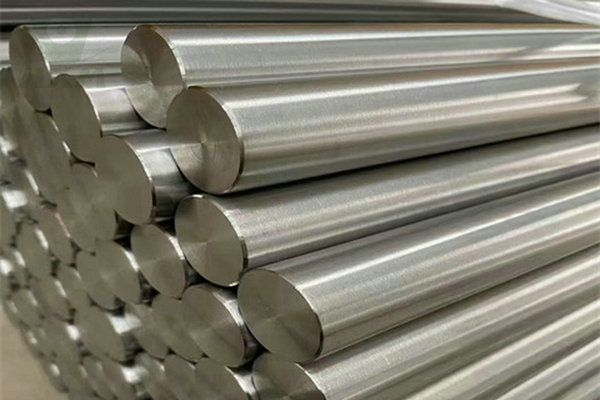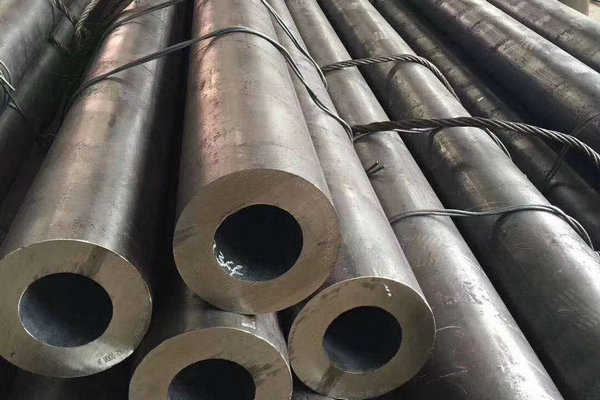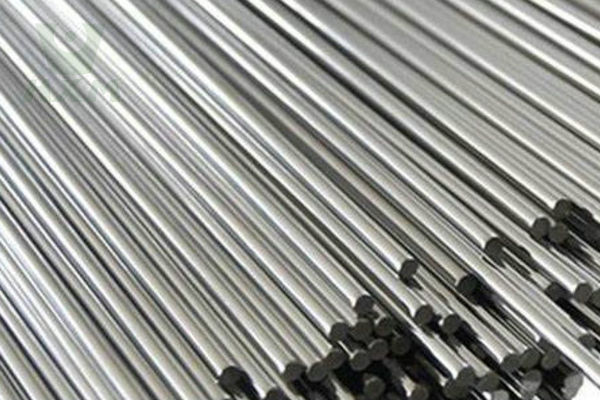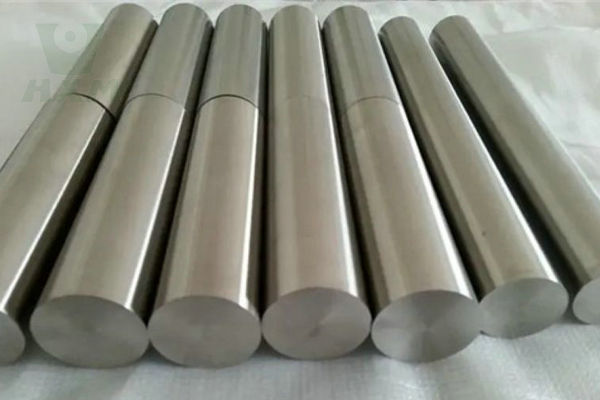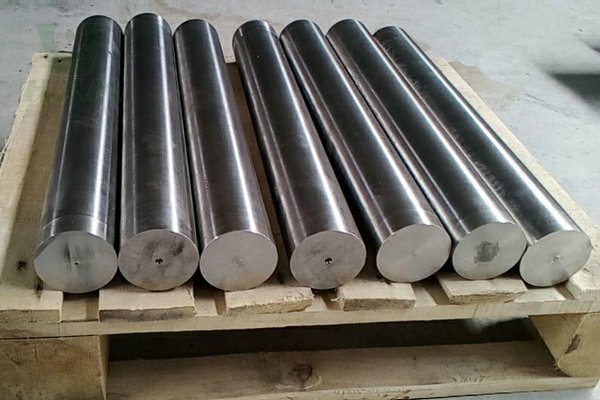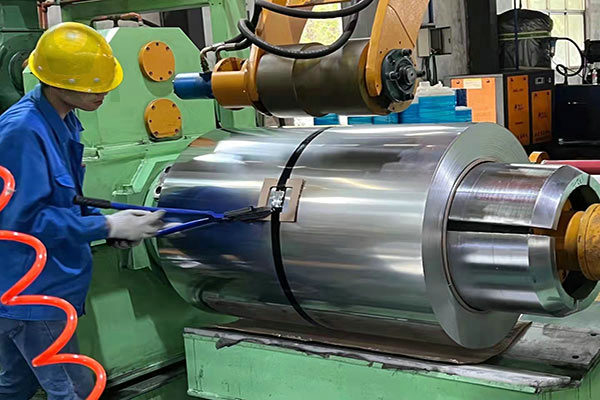High Temperature Alloy Supplier and Manufacturer From China
As a leading supplier of high temperature alloys, we are committed to providing customers with high quality products and excellent services. We have a professional technical team that is able to provide customized solutions according to your needs.
Our high temperature alloy prices are competitive and vary according to market demand and material specifications. To ensure that you get the best price and service, you are welcome to contact us for stock information and the latest price information.
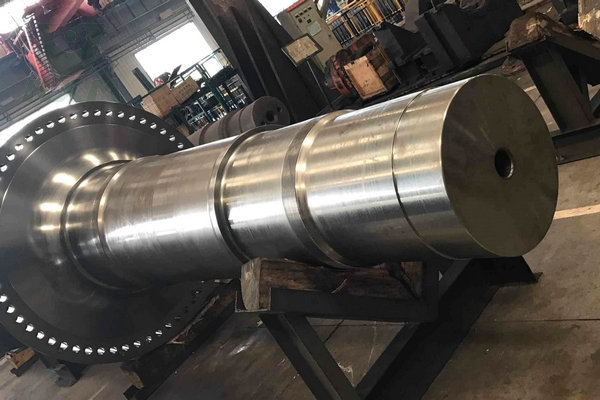
High Temperature Alloy For Sale
Grades: Inconel 718, Inconel 800, Incoloy 825, Inconel 738, Inconel 600, Inconel X-750, A-286 (Alloy 660), Hastelloy X, Haynes 188, GH4149 GH3030 GH3039 GH3128 GH3044 GH4141 GH4145 GH2132 GH3536 GH5188 GH5605 GH4202 GH4049 GH4617 GH4648 GH4738 GH625 GH698 GH825 GH901, etc.
Sizes: Custom sizes available
Shapes: Sheet/Plate/Bar/Tube/Strip/Coil/Wire, etc.
Standard: ASTM B637, ASME SB-637, AMS 5662, JIS H4552, EN 10269, DIN 17744, DIN 17750, etc.
The high-temperature alloy products we provide have excellent high-temperature resistance, oxidation resistance, and good mechanical properties, and meet international standards. We look forward to your inquiry!
High Temperature Alloy Data Sheet
Chemical Composition Comparison (%)
| Grade | Ni | Cr | Mo | Co | Ti | Al | Nb | W | Fe | Standard | Applications |
|---|---|---|---|---|---|---|---|---|---|---|---|
| Inconel 718 | 50-55% | 17-21% | 2.8-3.3% | – | 0.65-1.15% | – | 4.75-5.5% | – | – | ASTM B637, AMS 5662 | Aircraft engines, gas turbines |
| Inconel 625 | 58% min | 20-23% | 8-10% | – | – | – | 3.15-4.15% | – | – | ASTM B443, AMS 5599 | Marine engineering, chemical processing |
| Hastelloy X | 47% | 20-23% | 8-10% | 1.5-2.5% | – | – | – | 0.2-1.0% | – | ASTM B435, AMS 5536 | Industrial furnaces, gas turbines |
| Nimonic 80A | 69-73% | 18-21% | – | – | 1.8-2.7% | 1-1.8% | – | – | – | AMS 5766, BS HR1 | Jet engines, high-temperature bolts |
| Waspaloy | 58-61% | 18-21% | 3.5-5% | 12-15% | 2.75-3.25% | – | – | – | – | AMS 5544, AMS 5706 | Turbine discs, high-temp fasteners |
| GH4169 | 50-55% | 17-21% | 2.8-3.3% | – | 0.65-1.15% | – | 4.75-5.5% | – | – | GB/T 14992 | Jet engines, power turbines |
| Haynes 188 | – | 20-24% | – | 40-44% | – | – | – | 13-16% | – | AMS 5608 | Gas turbines, heat exchangers |
| René 41 | Bal. | 18-20% | 9-10% | 11% | 3-3.3% | – | – | – | – | AMS 5544 | Turbine blades, turbine discs |
| Incoloy 800H | 30-35% | 19-23% | – | – | – | – | – | – | 39.5% min | ASTM B409, ASME SB-409 | Nuclear reactors, industrial heaters |
| GH2132 | 24-27% | 18-21% | 1.5% | – | 1.5% | – | – | – | – | GB/T 14992 | Jet engines, gas turbines |
Mechanical Properties Comparison
| Alloy Grade | Tensile Strength (MPa) | Yield Strength (MPa) | Elongation (%) | Hardness (HRB/HRC) |
|---|---|---|---|---|
| Inconel 718 | 965-1375 | 690-1035 | 12-20 | 30-40 HRC |
| Inconel 625 | 760-1035 | 415-690 | 30-40 | 88-96 HRB |
| Hastelloy X | 750-850 | 355-485 | 40-45 | 92-97 HRB |
| Nimonic 80A | 900-1200 | 600-800 | 20-25 | 25-35 HRC |
| Waspaloy | 965-1240 | 760-930 | 10-15 | 30-40 HRC |
| GH4169 | 965-1375 | 690-1035 | 12-20 | 30-40 HRC |
| Haynes 188 | 760-965 | 415-655 | 40-50 | 85-92 HRB |
| René 41 | 1240-1440 | 1035-1170 | 8-12 | 35-40 HRC |
| Incoloy 800H | 585-700 | 205-275 | 35-45 | 70-80 HRB |
| GH2132 | 700-900 | 480-680 | 15-20 | 25-30 HRC |
Physical Properties Comparison
| Grade | Density (g/cm³) | Melting Point (°C) | Thermal Conductivity (W/m·K) | Coefficient of Thermal Expansion (10⁻⁶ /°C) | Elastic Modulus (GPa) | Electrical Resistivity (µΩ·cm) |
|---|---|---|---|---|---|---|
| Inconel 718 | 8.19 | 1260-1340 | 11.4 | 13.0 | 204 | 128 |
| Inconel 625 | 8.44 | 1290-1350 | 9.8 | 12.8 | 205 | 100 |
| Hastelloy X | 8.22 | 1260-1340 | 11.2 | 12.4 | 211 | 122 |
| Nimonic 80A | 8.2 | 1345-1380 | 11.3 | 13.4 | 206 | 105 |
| Waspaloy | 8.19 | 1315-1370 | 11.2 | 13.3 | 211 | 107 |
| GH4169 | 8.19 | 1260-1340 | 11.4 | 13.0 | 204 | 128 |
| Haynes 188 | 9.14 | 1330-1380 | 10.2 | 12.6 | 220 | 102 |
| René 41 | 8.33 | 1315-1370 | 10.5 | 12.5 | 207 | 105 |
| Incoloy 800H | 7.94 | 1357-1385 | 11.5 | 14.7 | 198 | 97 |
| GH2132 | 7.95 | 1340-1360 | 11.7 | 12.5 | 210 | 130 |
Huaxiao Metal specializes in the supply of high-temperature alloys, including nickel-based high-temperature alloys, iron-based high-temperature alloys, and cobalt-based high-temperature alloys. The main grades include Inconel 718, Inconel 625, Hastelloy X, Nimonic 80A, etc. We provide spot inventory, customized processing, and fast delivery. They are widely used in high-temperature environments such as aerospace, gas turbines, nuclear power, petrochemicals, and automobile manufacturing.
Contact us now to get high-temperature alloy prices, fast quotes, and support customization!
High Temperature Alloy Application
Aerospace: used for high-temperature parts such as engine parts and gas turbines.
Energy industry: used for high-temperature equipment in thermal power generation, nuclear power generation and other fields.
Chemical industry: used for corrosion-resistant parts such as high-temperature reactors, pipes and valves.
Automobile manufacturing: used for high-temperature parts such as automobile engines and exhaust systems.

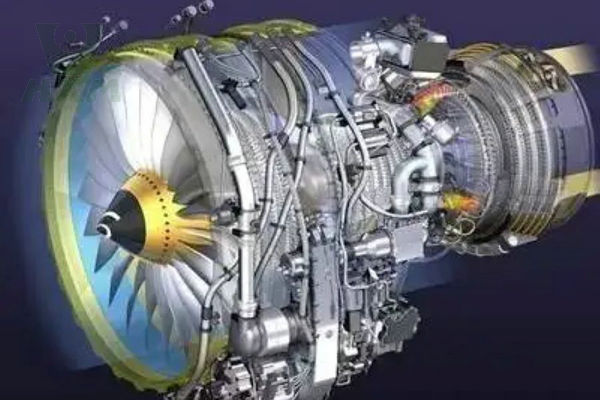
Product Features of High Temperature Alloy
Excellent high temperature resistance: High temperature alloys can maintain strength in environments up to 1000°C and are suitable for high temperature applications.
Oxidation resistance: The oxide film formed on the surface of the alloy effectively prevents oxidation and corrosion, extending the service life.
Good weldability: Most high temperature alloy materials have good welding properties, which is convenient for use in different structures.
High strength and toughness: It can still maintain good mechanical properties at high temperatures and is suitable for dynamic load environments.
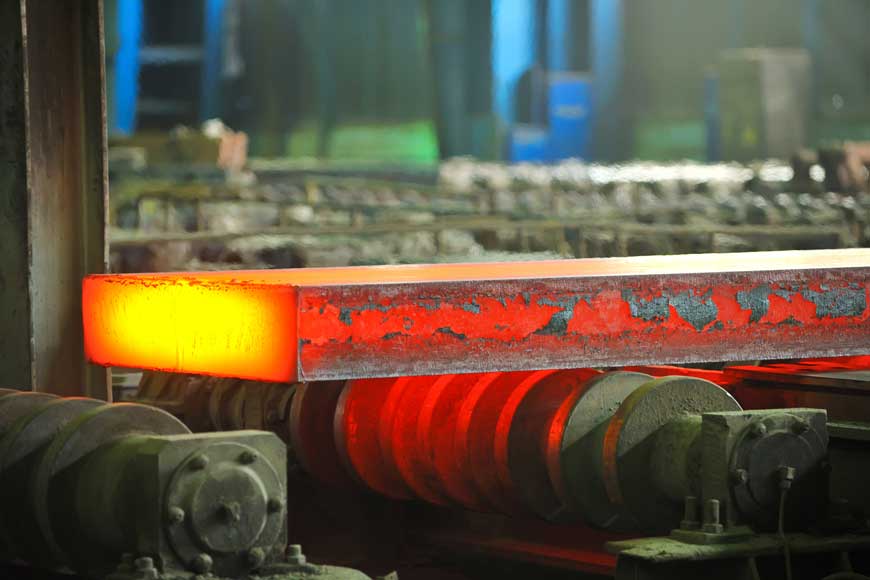
FAQ From Huaxiao Metal Supplier
What is High Temperature Alloy?
High temperature alloys are alloy materials that can maintain strength and corrosion resistance in high temperature environments. They are commonly used in industries such as aerospace, automotive, energy, and chemical industries. These alloys usually have excellent mechanical properties and oxidation resistance.
How much does a high temperature alloy cost?
The price of high temperature alloys varies depending on factors such as alloy type, specification, supplier, and market demand. Please fill out our inquiry form and our sales team will provide you with a detailed quote and relevant information.
What materials are suitable for high temperatures?
Materials suitable for high temperatures include heat-resistant alloys, ceramics, carbides, heat-resistant steels, stainless steels, titanium alloys, and certain high-temperature plastics. These materials can maintain stable physical and chemical properties at extreme temperatures.
Which alloys have high strength at high temperatures?
Alloys with high strength at high temperatures include nickel-based alloys (such as Inconel and Hastelloy series), cobalt-based alloys, titanium alloys (such as Ti-6Al-4V), and certain high-alloy stainless steels (such as 316L and 347H). These alloys can maintain excellent mechanical properties in high-temperature environments.
What are high-temperature resistant insulation materials?
High-temperature resistant insulation materials refer to insulation materials that can be used in high-temperature environments, and are usually used in industrial equipment, furnaces, boilers, etc. These materials are characterized by excellent high-temperature resistance, low thermal conductivity, and good thermal stability. Common high-temperature resistant insulation materials include aluminum silicate fiber, mineral wool, ceramic fiber, and certain high-temperature polymers.
How to choose the right high temperature alloy material?
When selecting a high temperature alloy, the temperature, pressure, corrosiveness, and mechanical performance requirements of the application environment should be considered. You can consult our professional team based on the specific application requirements, and we will provide the best material recommendations.
What are the main components of high temperature alloys?
The composition of high temperature alloys usually includes elements such as nickel, chromium, cobalt, iron, and titanium, and the specific composition varies depending on the type of alloy. For example, nickel-based high temperature alloys usually contain higher nickel and chromium content to provide superior heat resistance and corrosion resistance.
What are the application areas of high temperature alloys?
High temperature alloys are widely used in aerospace engines, turbines, boilers, gas turbines, chemical processing equipment, and heat treatment equipment. These alloys can work normally under extreme temperatures and pressures.

